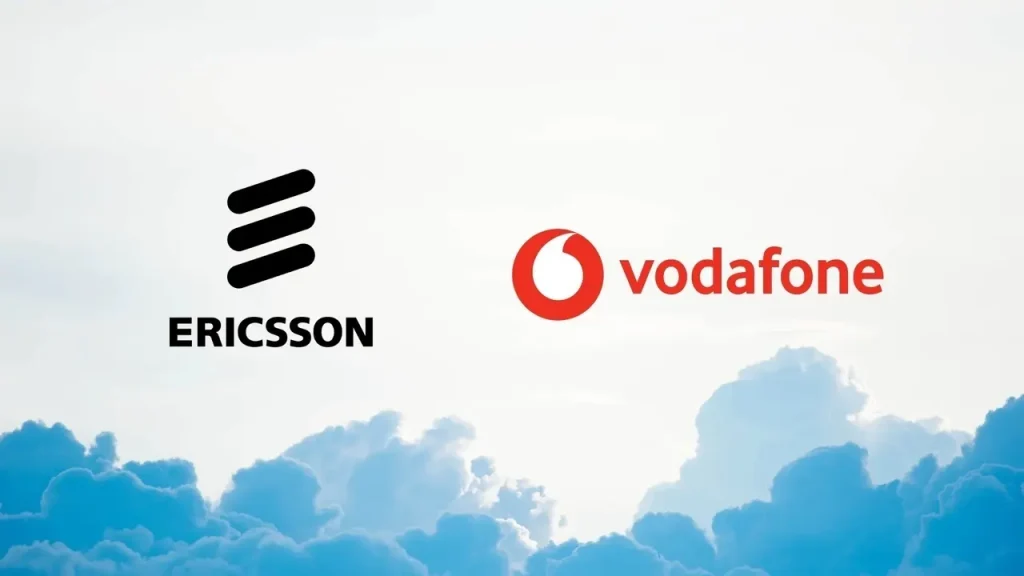- Ericsson becomes Vodafone’s sole RAN vendor in Ireland, Netherlands, and Portugal under a new five-year agreement.
- The upgrade includes Open RAN-compatible radios, AI-powered automation, and energy efficiency measures.
What happened: Vodafone, Ericsson in five-year 5G upgrade deal
Vodafone has struck a five-year strategic partnership with Ericsson to modernise its radio access network (RAN) infrastructure across several European countries. Under the agreement, Ericsson will be Vodafone’s sole RAN vendor in Ireland, the Netherlands, and Portugal, and maintain major vendor status in Germany, Romania, and Egypt. The deal includes deployment of Open RAN-compatible Massive MIMO radios, RAN compute solutions, and 5G Advanced RAN software capabilities. It also brings in Ericsson’s Intelligent Automation Platform and various AI-powered rApps (RAN applications) for tasks such as network optimisation and energy management. Roll-out begins in Germany in Q4 2025.
Alberto Ripepi, Vodafone’s Chief Networks Officer, said the deal is a “significant step” in the network evolution, emphasising automation and performance. Ericsson’s Patrick Johansson noted that the agreement supports Ericsson’s vision for programmable and energy-efficient networks capable of meeting increasing demand, particularly as 5G Standalone becomes more central.
Also read: Vodafone and Three to overhaul infrastructure for smarter growth
Also read: Vodafone launches $545M buyback after growth
Why it is important
This deal underscores how Vodafone is pushing to stay competitive in the 5G era by focusing on both hardware upgrades and smarter network management. By giving Ericsson sole vendor status in key markets, Vodafone consolidates vendor relationships, which may improve integration, simplify maintenance, and possibly accelerate deployment of advanced use cases. The inclusion of AI-driven automation and energy efficiency speaks to growing pressure on operators to reduce costs and carbon emissions.
For consumers and enterprises across Europe, improvements in network consistency, latency, and reliability are likely, especially in areas where 5G Advanced and Standalone rollout has lagged. The move may also influence the vendor landscape: rivals like Nokia and Samsung may see reduced influence in those markets. Finally, this agreement is part of a broader trend where telecom operators increasingly expect networks to self-optimise and support differentiated services—such as low-latency enterprise offerings or edge computing—which the programmable RAN architecture makes possible.

